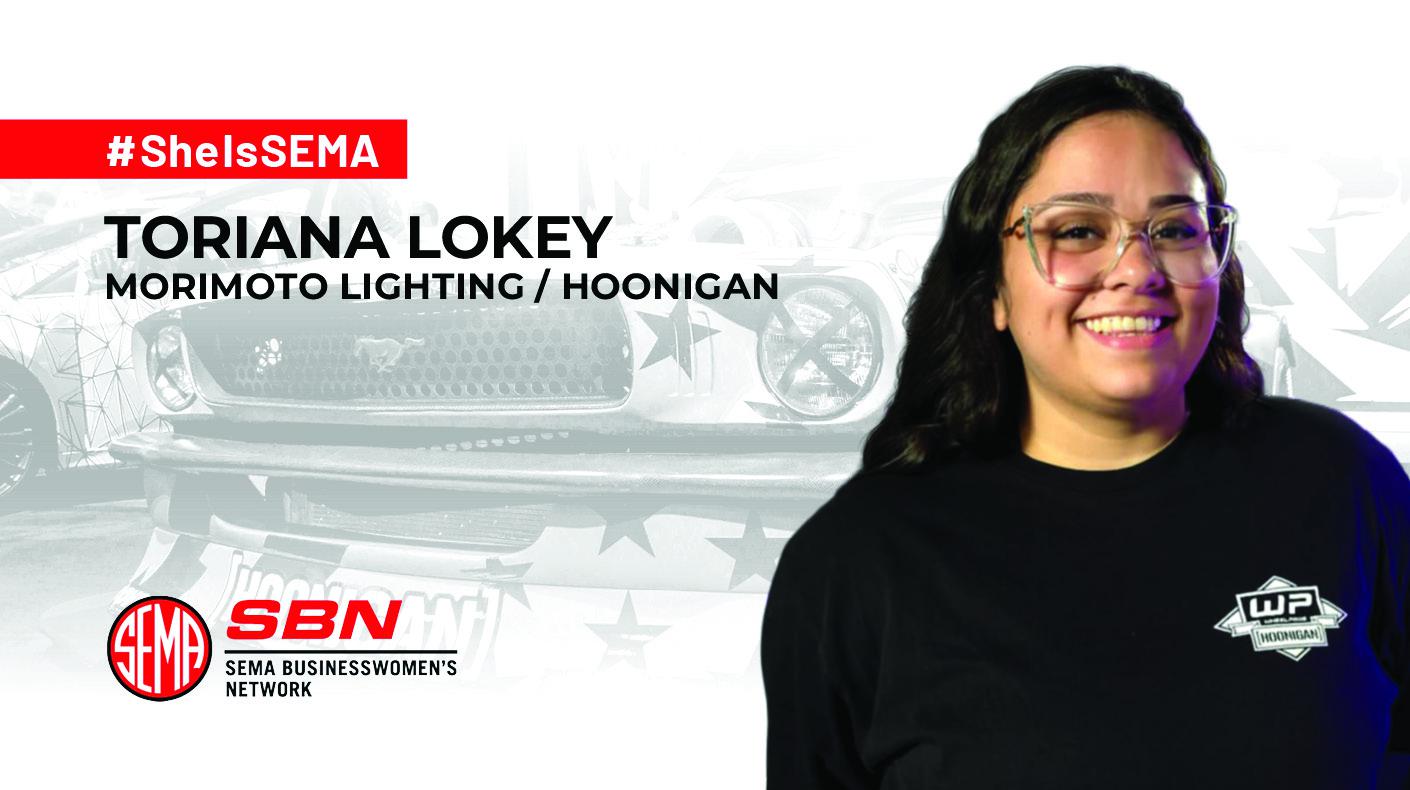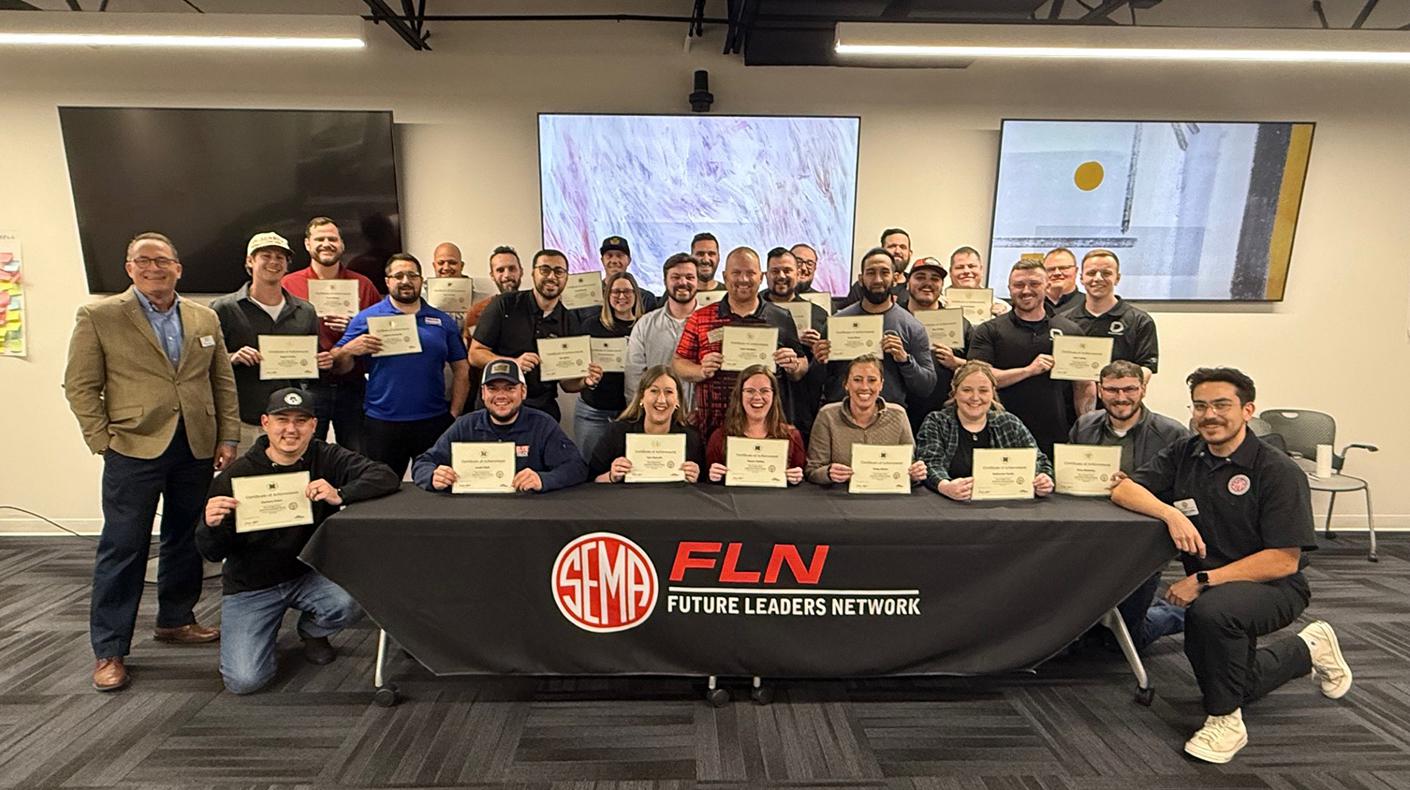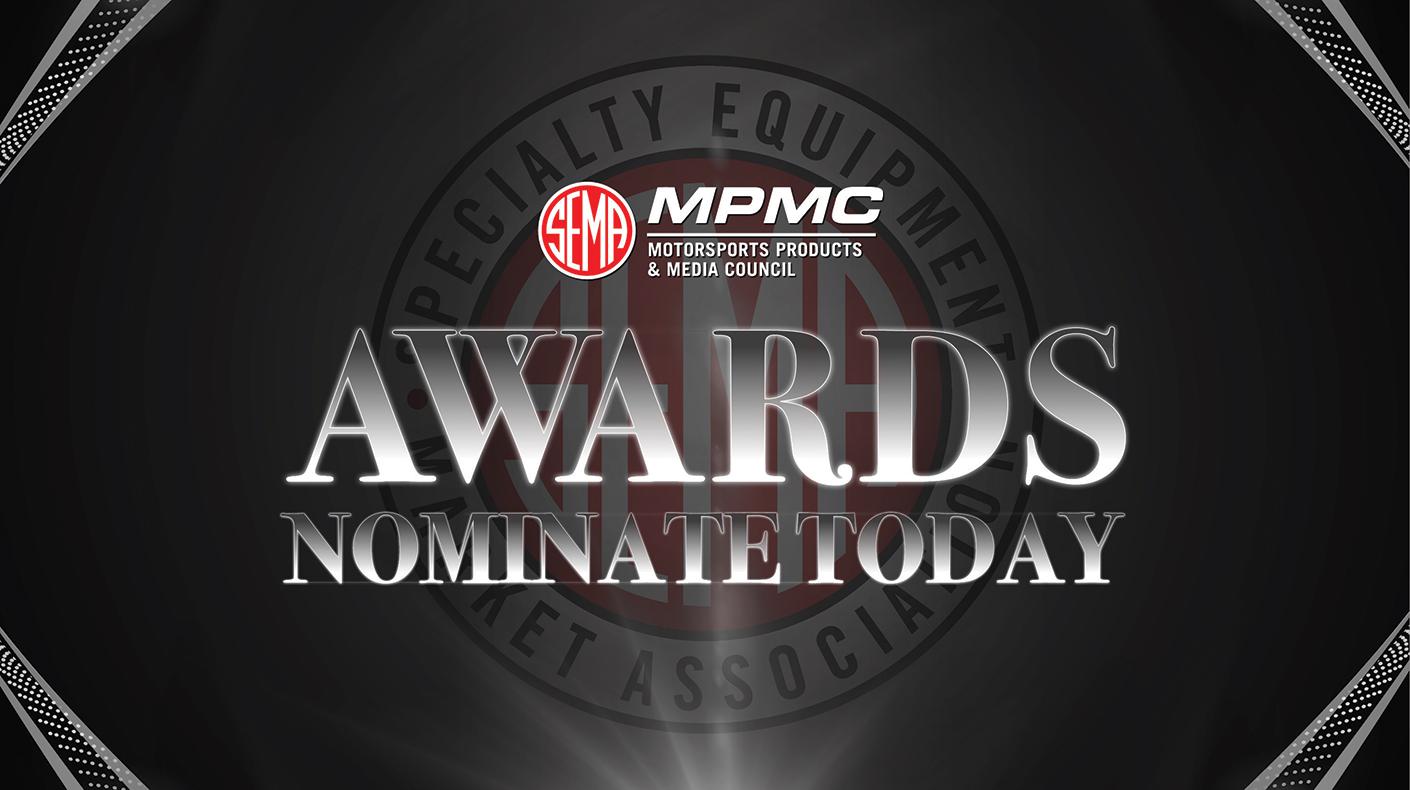
Mossy Nissan Oceanside sells this PowerHouse Amuse quad-tip exhaust on their website, which
the dealership devotes almost exclusively to the sale of aftermarket products.
With Paul Taylor, chief economist of the National Automobile Dealers Association, stating that around 960 dealers closed last year, it's clear that dealers need to explore alternative avenues to increase sales.
Many dealers are, in fact, ahead of the game as they have made the plunge into aftermarket sales before the automotive and economic crisis hit. It is this foresight that many dealers have relied on to help steady faltering sales during this difficult time.
"In these challenging times, dealers are looking for new ways to draw traffic to their dealerships and generate additional revenue," said Ellen McKoy, SEMA senior director of dealer relations. "Accessorizing does both."
Robert Vujcich, parts service director at Colorado-based Pueblo Toyota, states that the dealership started selling aftermarket accessories sometime around 2004 after realizing the potential to increase revenue. Vujcich himself had been reading publications, such as Ward’s Dealer Business and CFO, which emphasized to dealers how much more profitable they could be by incorporating aftermarket accessories into the dealership.
“The aftermarket industry has a huge chunk of the sales out there,” Vujcich said. “We just want a little of it."
Vujcich estimates that aftermarket sales account for around 15% of the dealership’s total sales. He says that Pro Comp lift kits, running boards and hitch steps have been bestsellers.
“We did between $10,00–$15,000 per month in aftermarket sales for 2008,” he said. “It’s a huge part of our business. We have been going to the SEMA Show for the past two years to see where we could expand and what we could bring to the dealership. We will be going again this year.”
California-based Mossy Nissan Oceanside attributes 20% of its sales to aftermarket sales, according to parts specialist Tina Payne.
“Since we started selling aftermarket accessories sometime between 2002–2003, it has really added a lot more to our sales,” she said. “There was a demand for it in our local area and not too many businesses carry aftermarket accessories. Most of the products the customers were asking for were only available on the Internet, and people like to see the actual product before they purchase it.”
Mossy Nissan Oceanside goes one step further than just giving the customers what they ask for. The dealership preloads several of its vehicles with aftermarket wheels and tires. “The preloaded vehicles do well because they tend to catch people’s attention more and it’s easier for them to buy because they can pay for everything at once,” Payne said.
In 2008, the dealership established a website, www.mossyperformance.com, which is in addition to their homepage and is devoted to their full-line of aftermarket products. Depending on the product, the dealership can perform the installation either in-house or through outside, professional installers.
Pueblo Toyota has its own aftermarket marketing campaign. The dealership aggressively pushes its aftermarket sales through a program where anyone at the dealership who makes an aftermarket sale receives 10% of the total sales. Even after the point of delivery, the dealership employs an e-mail campaign to go after anyone who didn’t make an aftermarket purchase.
It’s an avenue that the dealership knows can help them through tough times.
“Every time we lift a car and put on an aftermarket tire and wheel, it’s a substantial profit for us,” Vujcich said. “For now, due to the economic downturn, we have put on hold plans to build a new Toyota store, but when we do build it, it will double the size of the space we currently are in and have a huge section for aftermarket products."
The dealership currently has a 20x20 space for aftermarket accessories.
It’s all part of Pueblo Toyota’s game plan to stay current with the trend of the automotive and aftermarket industry. Mossy Nissan Oceanside is also well aware of what the future has in store for dealerships.
“I think it is very important for dealers to really start looking towards the aftermarket,” Payne said. “I don’t think as many dealers are doing so as much as they should, but that will definitely change in the future because a lot of people like one-stop shopping, and they are asking for products that are not directly related to maintenance. It's something we all have to do to keep up.”
"With the car business being as slow as it is, this is an opportune time to get dealers' attention and help them understand the benefits and value of accessorization," added McKoy. "Members who take the time now to nurture these relationships will reap the reward, along with the dealers, as the market begins to turn around." — Annie Kang





